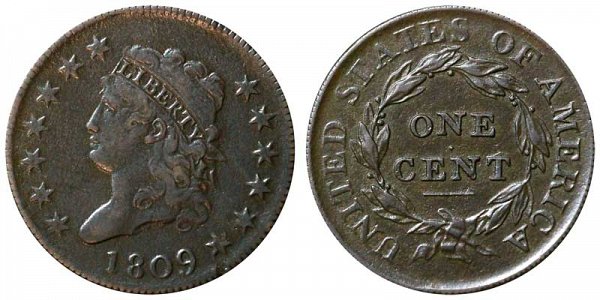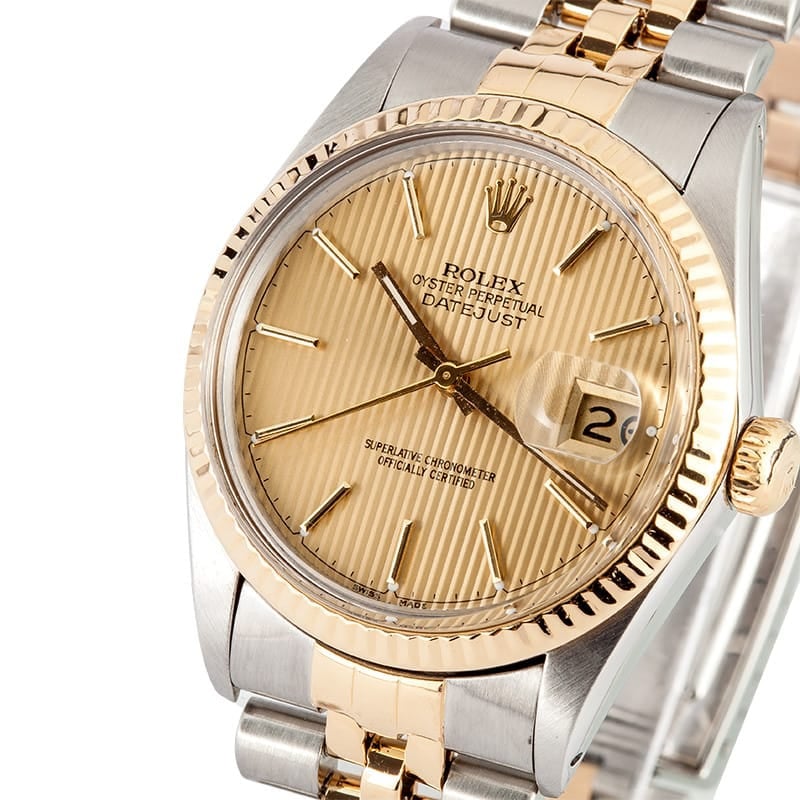The short-lived Classic Head interpretation of Liberty was designed by John Reich for use on the Half cent and the Large cent, however the design used on the silver and gold coins was developed by William Kneass. The Classic Head depicted Liberty with long, curly hair. The reverse designed by John Reich depicted the coin's denomination and value inside a wreath.
Kneass's design, however, scaled down the design so it would fit on smaller coins and then added a heraldic eagle on the reverse, substituting the simple design by John Reich. A similar design on gold coinage kept the name Classic Head, but only retained the curly hair. The head was completely redesigned by William Kneass, and featured a traditional maiden with a ribbon binding her long, curly hair.
This variety omitted 'E pluribus unum' from the reverse of the coin. In 1840, a smaller head was designed to conform with the appearance of the larger gold coins, therefore making the Classic Head design obsolete. The new Classic Head design was produced from 1834 to 1839.
The Classic Head variety was usually preceded by the Draped Bust design and followed by the Matron Head liberty on copper coinage.
If you see errors or missing data in this entry, please feel free to log in and edit it. Anyone with a Gmail account can log in instantly.







